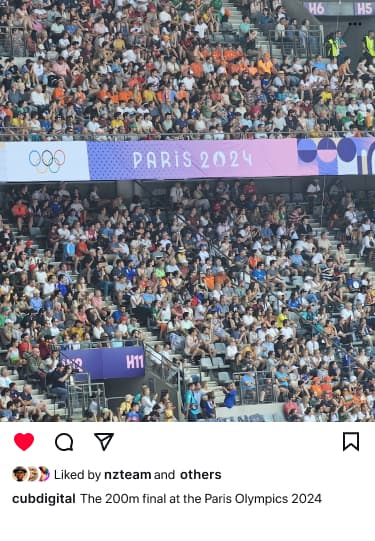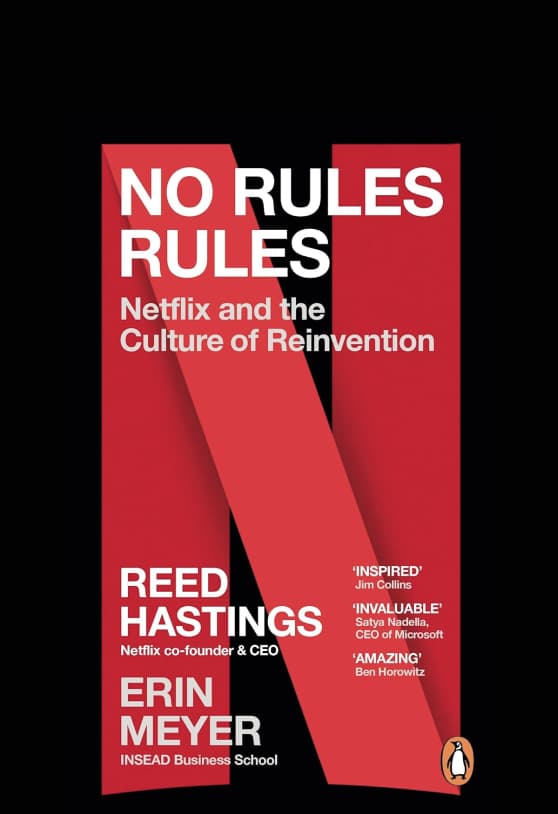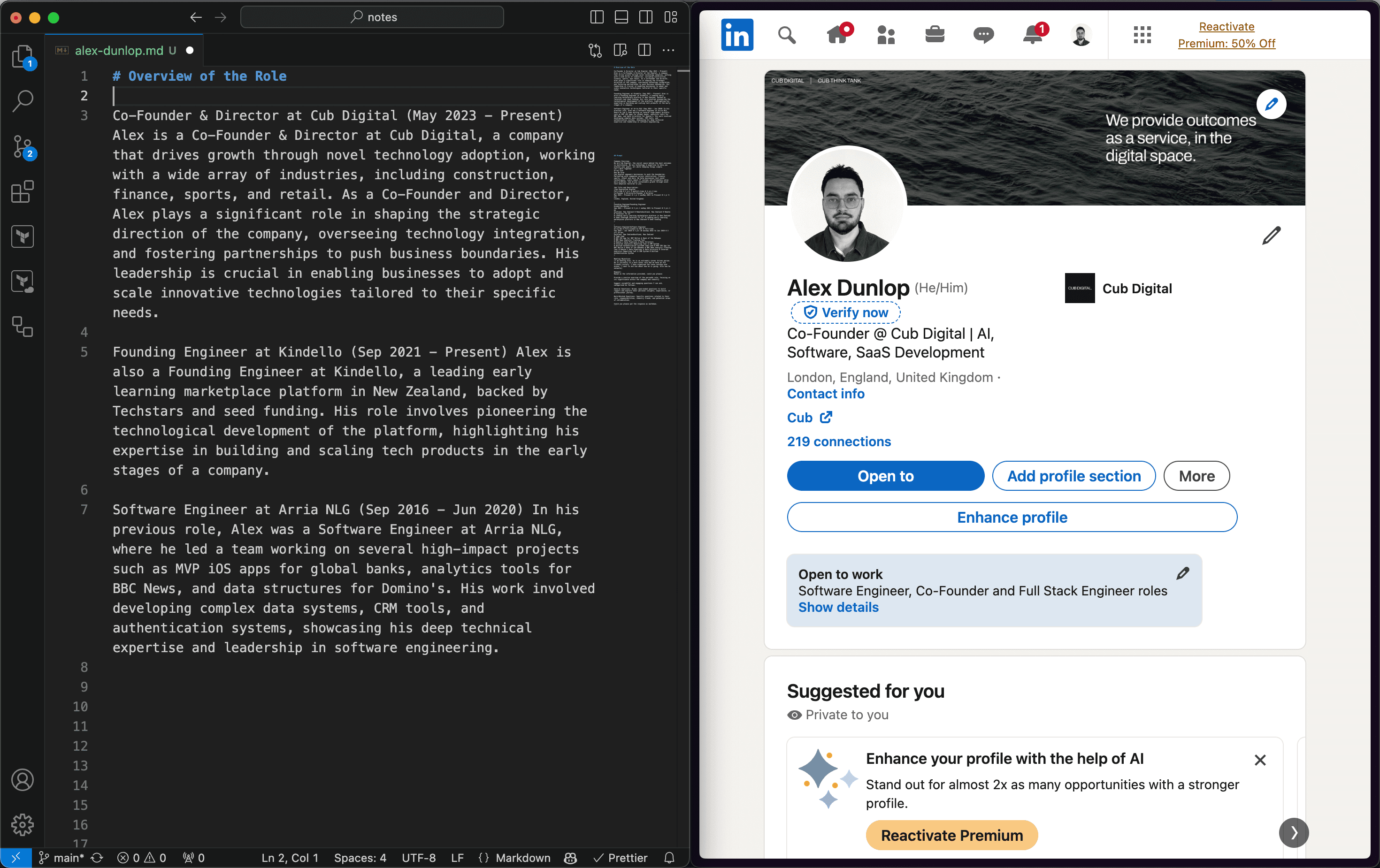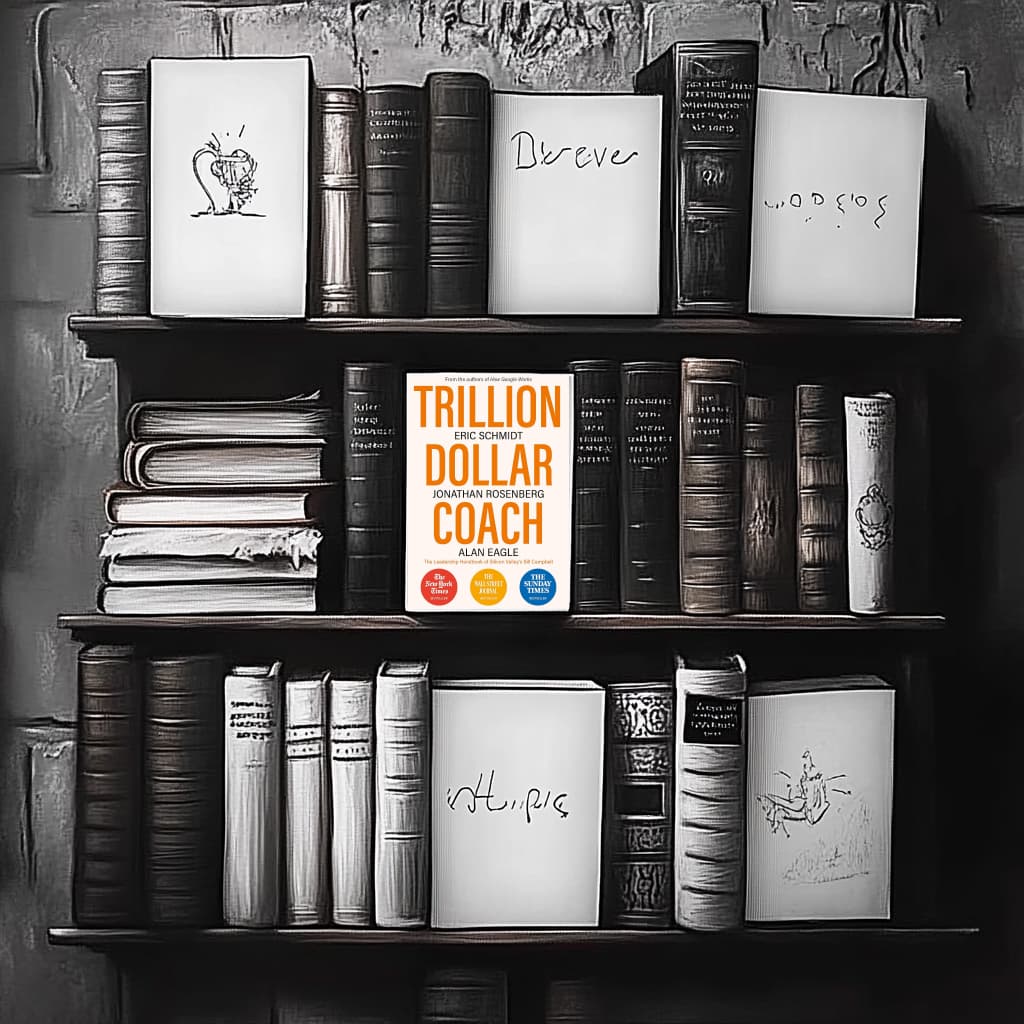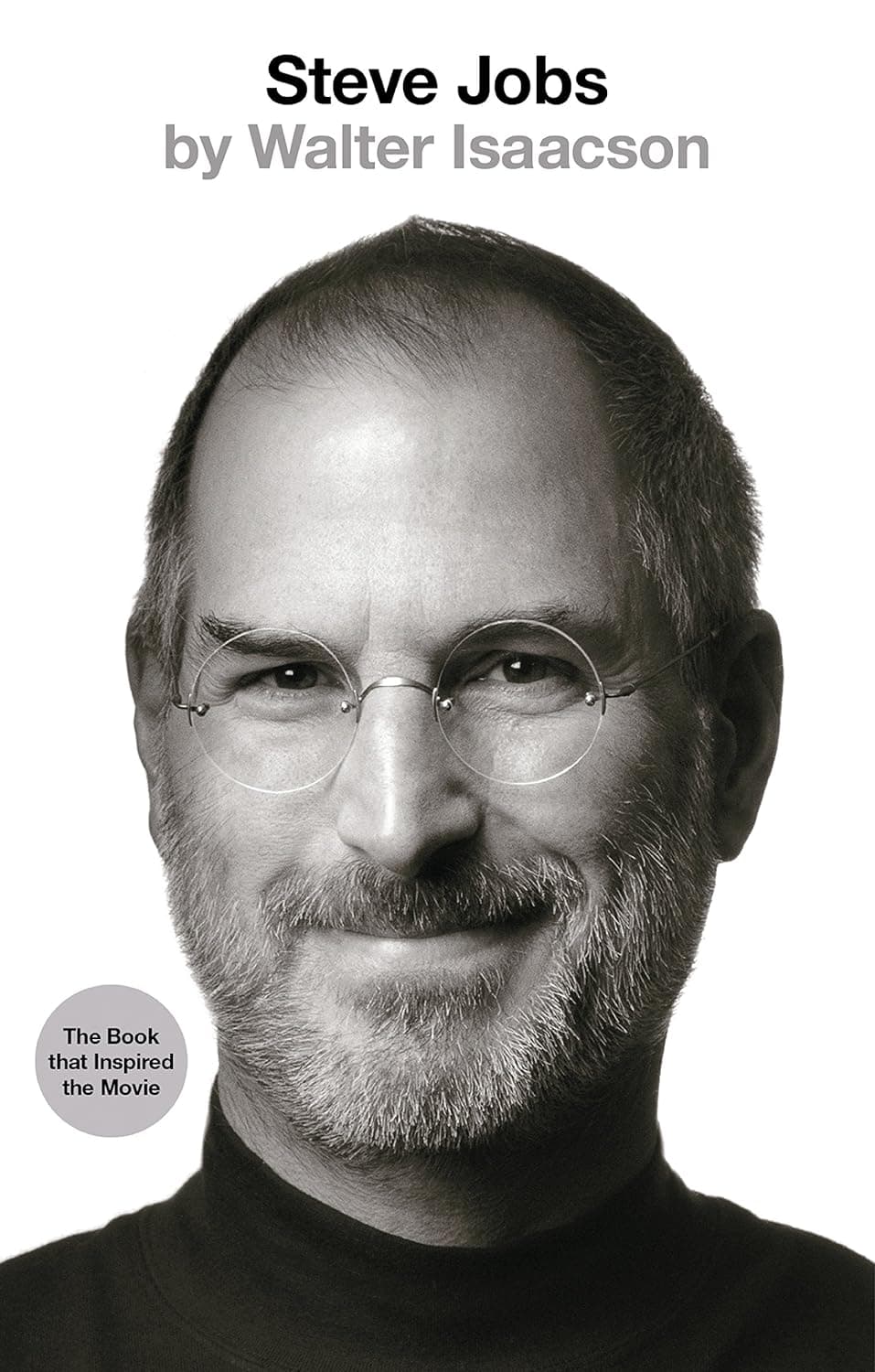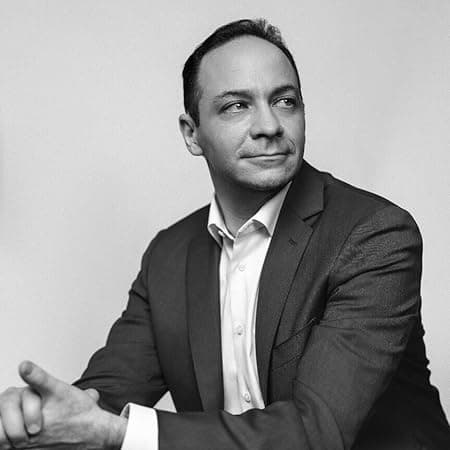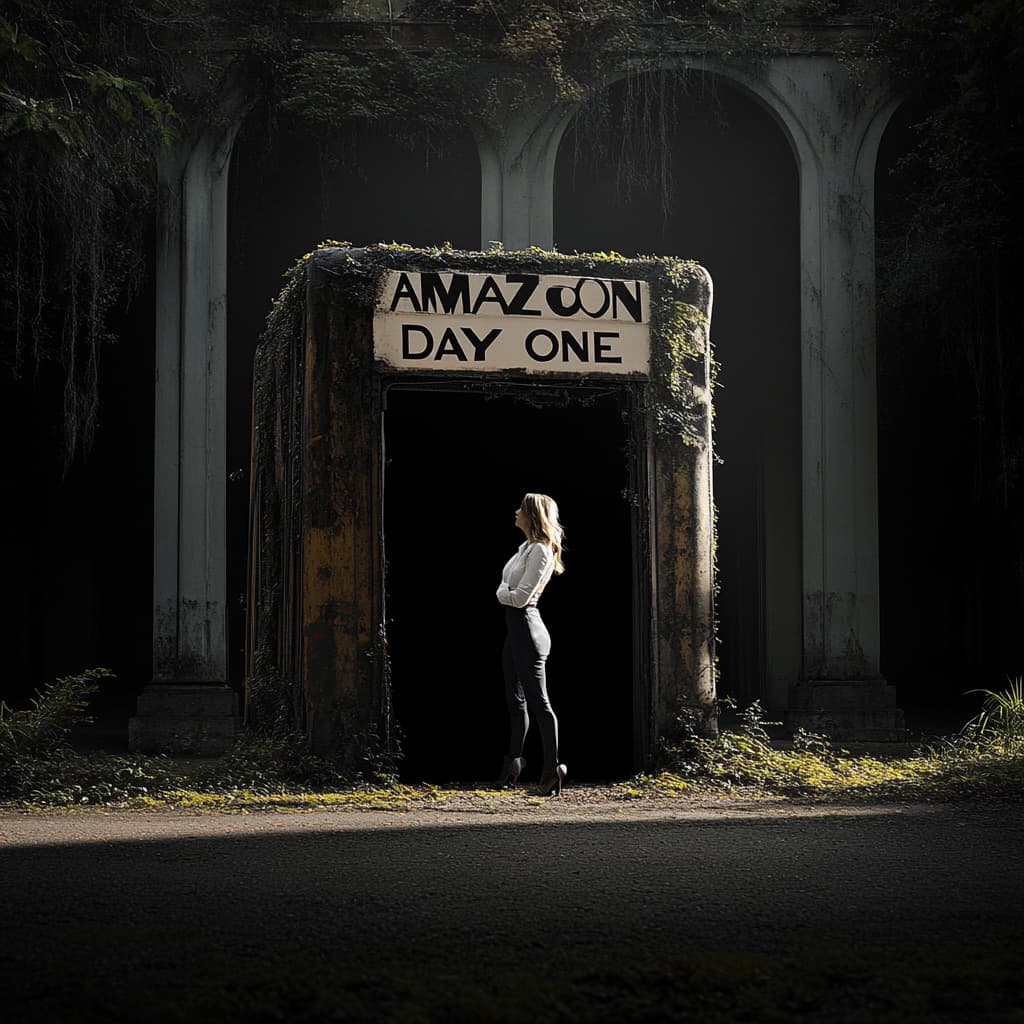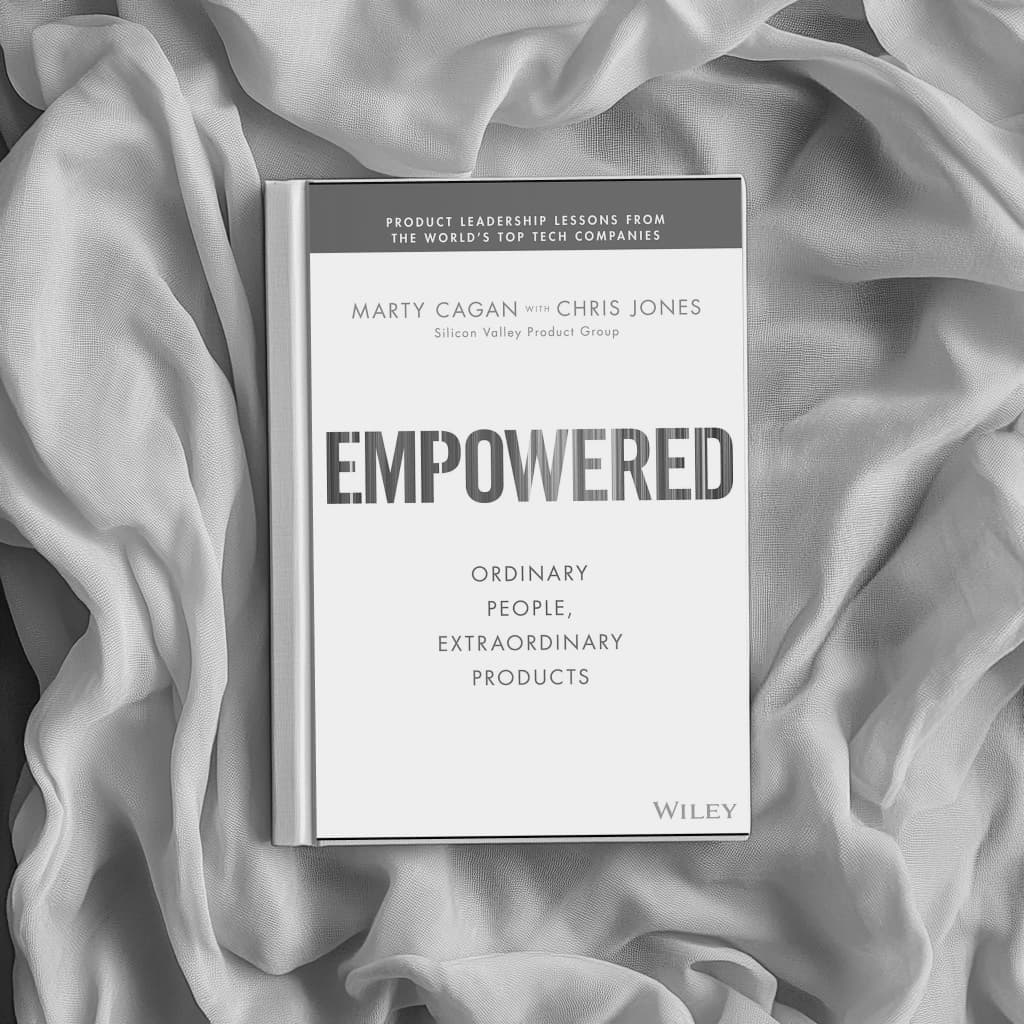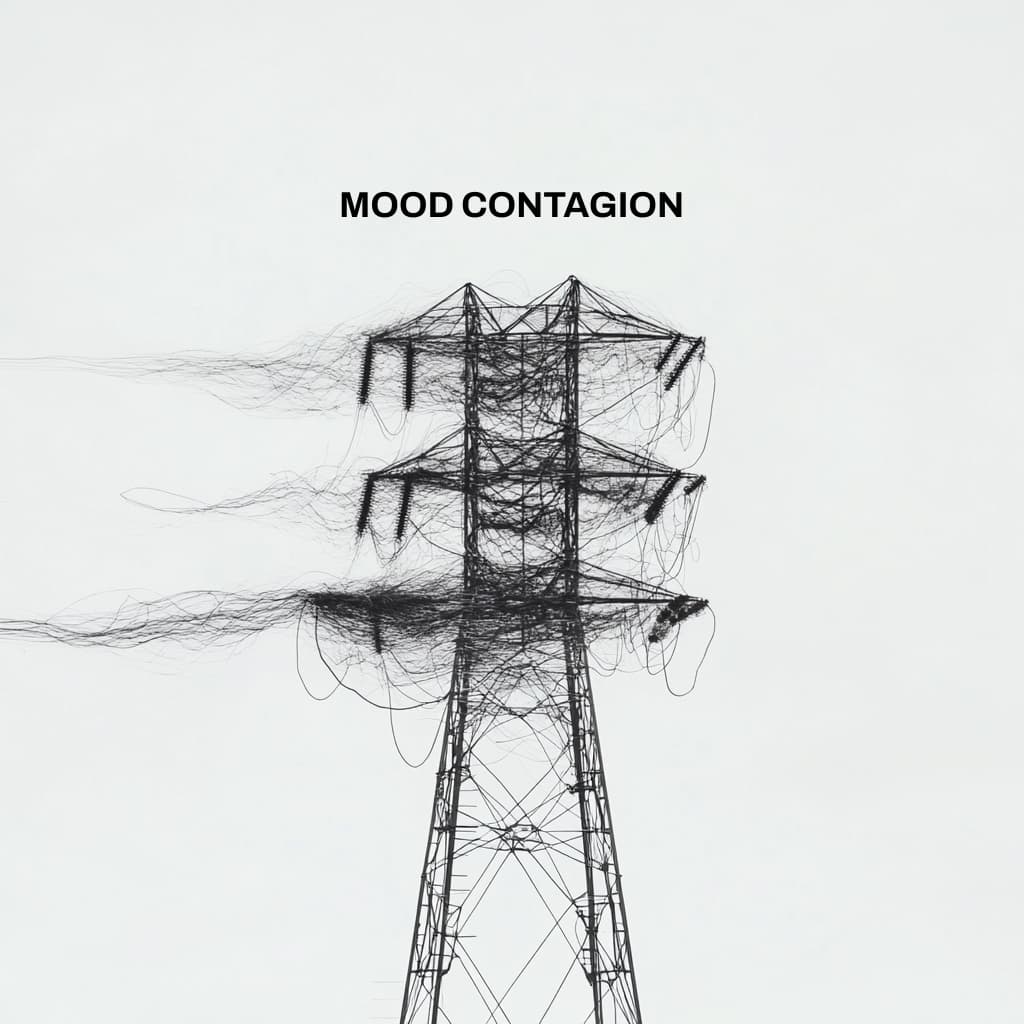GET THE #1 EMAIL FOR EXECUTIVES
Subscribe to get the weekly email newsletter loved by 1000+ executives. It's FREE!


Welcome to Monaco
Every year, the best drivers in the world gather in Monaco for the Formula 1 Grand Prix.
The narrow, winding streets of Monte Carlo present a unique challenge, testing the skill and nerve of even the most experienced racers.
Monaco is like riding a bicycle in your living room.
Nelson Piquet
Here is the course

Back in 2008, the rain was pouring down on the streets of Monaco. The visibility was low, it was terrible conditions.

Monaco Grand Prix - Lap 6
On lap six, Lewis Hamilton, McLaren's star driver, hits a barrier and punctures a tyre.

The commentators:
He is going to lose a lot of ground because of this!
To the casual observer and the animated TV commentator, this seems like game over for Hamilton. Particularly on this difficult track. This is a crisis.
What happens next is a masterclass in operational excellence:
The McLaren team springs into action.
Immediate, Clear Communication
As soon as Hamilton hits the wall, his race engineer calmly relays precise instructions.
"Lewis, you're coming into the pit, make a change to the steering, the launch switch, make sure you've done that, you're going to get new tyres and you're going to get fuel."
Predefined Protocols
The chief mechanic's succinct commands - Bail out and Tyre set 22 - activate pre-established protocols.
This moment is part of a well-rehearsed plan.
The Pit Stop
The Pit stop lasts just nine seconds - a testament to the team's preparation and skill.
The team has a plan for this scenario. They know their role is to keep calm and to focus on executing the plan.
Focused Information Flow
Upon exiting the pit lane, Hamilton is given only essential information about his position relative to other drivers.
No unnecessary chatter, no panic – just the facts needed to execute the race strategy.
The Power of Predetermined Plans
Andy Latham, former race engineer at McLaren and now chief engineer of analytics at MAT, reveals the secret behind this calm efficiency:
"Before the race starts, we know what we will do if the tyres degrade more quickly or slowly than we think, if our competitors are slightly faster than we thought, if the safety car comes out. We will have a pre-determined plan for any possible scenario."
This approach of having plans ready for multiple scenarios is at the heart of McLaren's operational excellence. It allows them to:
- Respond Quickly: By having plans in place, the team can act decisively without wasting time deliberating.
- Maintain Calm: When everyone knows their role in various scenarios, it reduces stress and panic in critical moments.
- Focus on Execution: With the decision-making process largely completed beforehand, the team can concentrate on flawless execution during the race.
Applying McLaren's Principles:
While most businesses don't operate at 200 km/h, the principles behind McLaren's success can be adapted to enhance operational excellence in any organisation:
Scenario Planning
Dedicate time to identify potential challenges or crises your business might face. Rather than just focusing on emergencies, consider common occurances like:
- Losing a key client
- Having a key staff member leave
- Having something in a job go wrong
Clear Communication Protocols
Establish clear, concise communication channels and protocols for different situations. Ensure everyone knows:
- Who to report to in various scenarios
- What information is crucial to convey
- How to communicate effectively under pressure
Regular Training and Simulations
Just as F1 teams practice pit stops countless times, your team should regularly drill their response to various scenarios. This could involve:
- Crisis management simulations
- Role-playing exercises
- Timed drills for critical procedures
Continuous Improvement
After each 'race' (project, quarter, or crisis), conduct thorough debriefs:
- What went well?
- What could be improved?
- How can we refine our plans and protocols?
Cultivate a Culture of Calm
Foster an environment where team members remain calm under pressure:
- Encourage a focus on solutions rather than blame
- Promote confidence in the team's preparation and abilities
- Recognise and reward composure in challenging situations
Talk through the problem together. Keep your head focused on what you can control in the situation.
Conclusion - guess who won the race?

Yep, old wall smasher himself.
Makes the story a bit better doesn't it?
So the next time you smash into a wall, take a chill pill, work through the problem and win the Grand Prix.
Then once you have done that, get that massive bottle of champagne and spray it all over the place.


